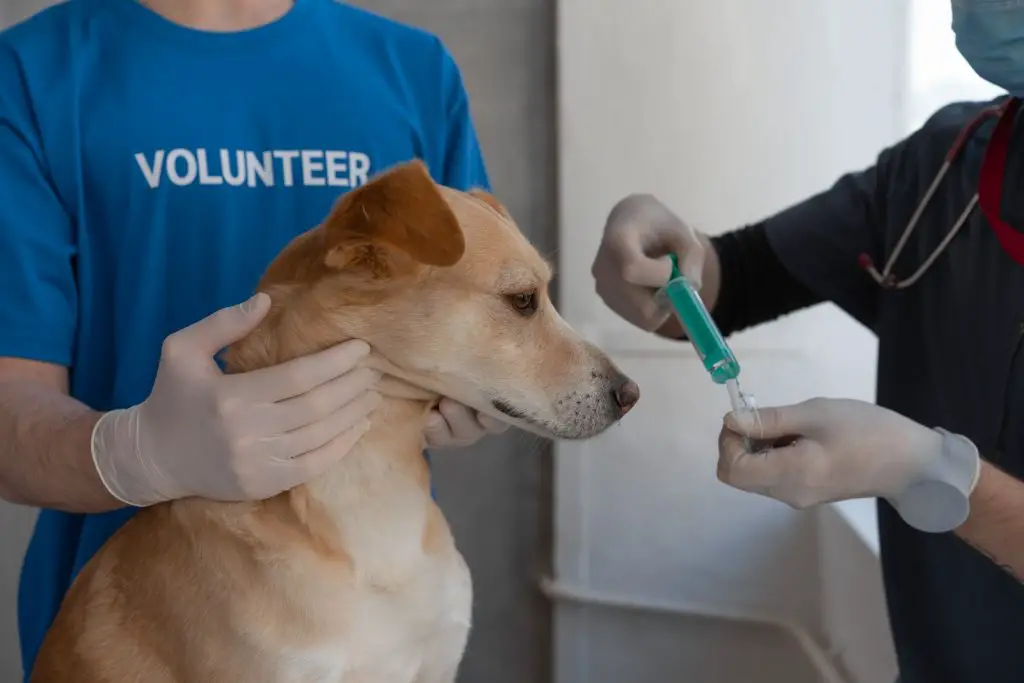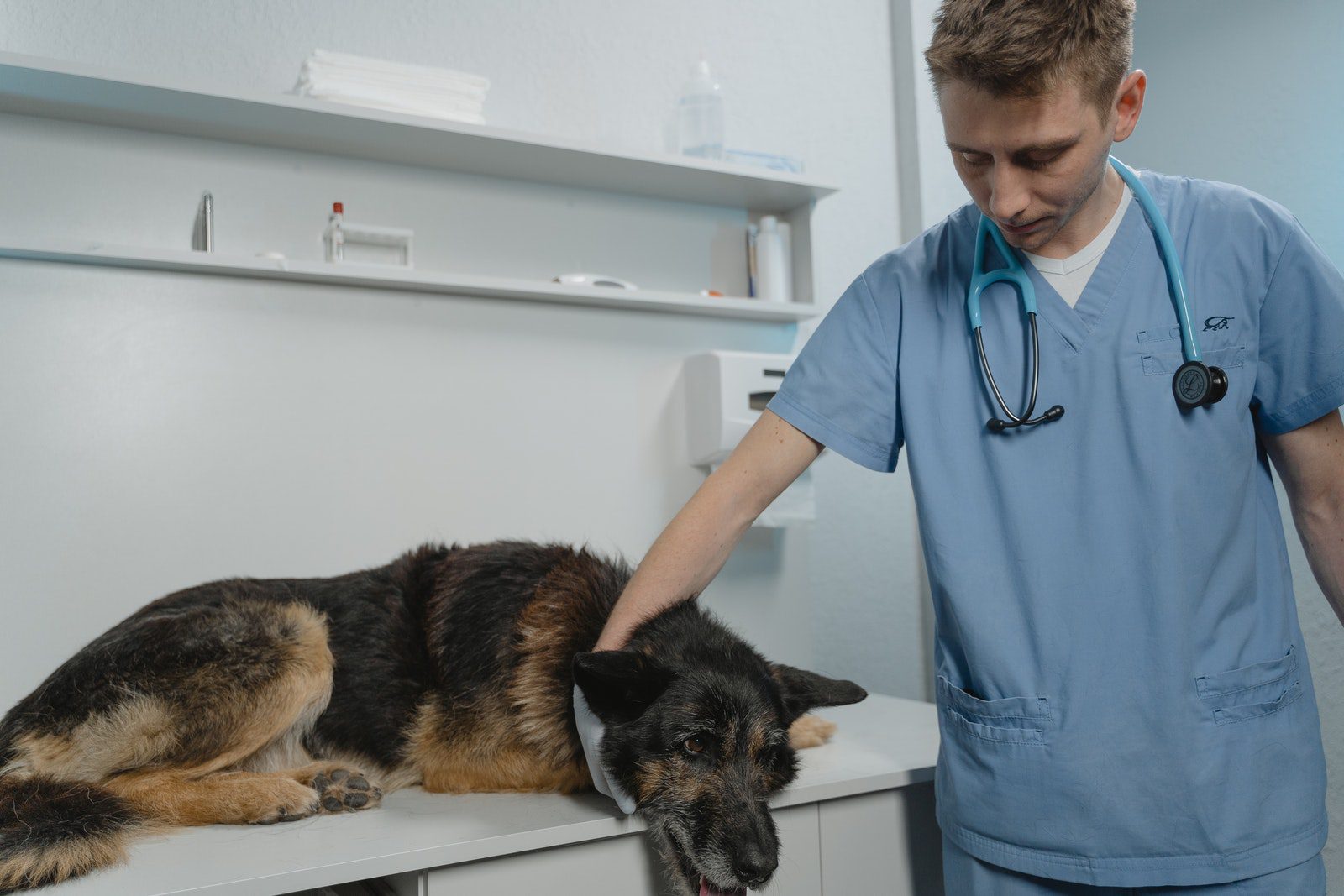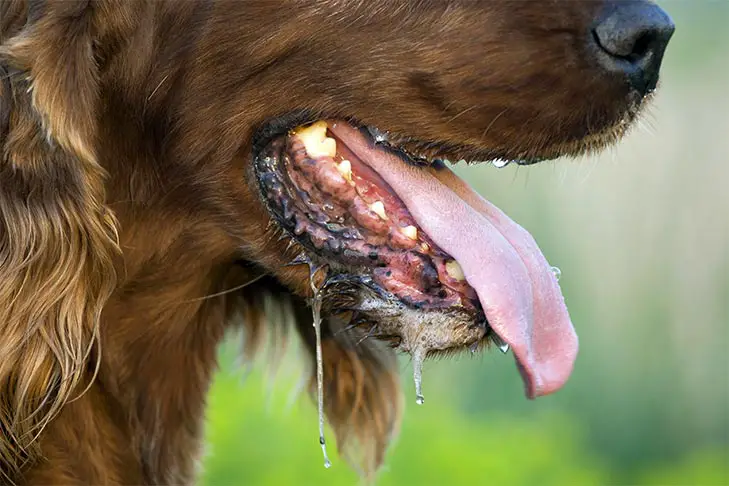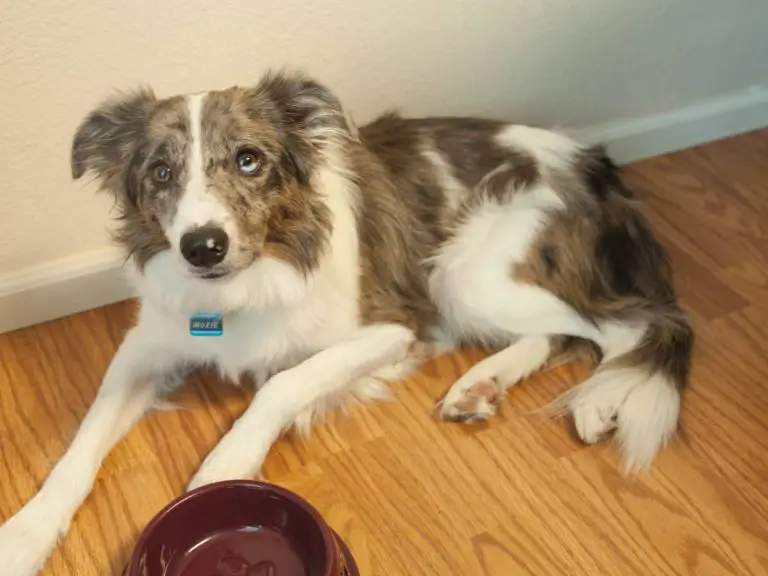Pets aren’t immune to health problems. As soon as you notice that your animal companion is acting differently, try to assess the situation. If you don’t know the root cause of the concern, don’t hesitate to see a veterinarian.
It should be your duty as a pet parent to know the common problems that could endanger their health. So, here are four common pet problems you shouldn’t disregard:
Arthritis
Like humans, pets can also become susceptible to arthritis. This disorder is an inflammation of a joint (or joints) in the body.
This health issue may stem from various causes, including age, injury, and overuse of the joints. But, arthritis may also come from an underlying ailment that inflamed your pet’s joints.
Opt to see a veterinarian if you think the signs of arthritis are now unbearable for your pet. Consider choosing emergency pet care options, such as those offered by Sunnyside Veterinary Clinic, to ensure that your animal friend receives proper medical services the soonest possible time.

Digestive Disorders
Pet digestive disorders can range from diarrhea to kidney issues. Constipation, in particular, is relatively common among cats. However, this ailment may lead to other health issues, such as ulcers and inflammatory bowel disease.
Obesity
Your cat or dog might look cute if they got a rounder-than-average shape. But, feeding your animal companion more than the recommended amount of food can lead to obesity.
Obesity can lead to a host of other health concerns, such as diabetes, lethargy, and heart problems. You can help your pet improve their obesity by cutting down their daily diet to the recommended amount. Also, ensure that your pet consumes food with proper nutrition to avoid relapses in obesity.
Don’t hesitate to contact a veterinarian if your pet experiences other health issues stemming from being fat.
Trauma
Shelter and stray dogs may experience trauma from the past, and these events can lead to mental disorders. Trauma can manifest, which can lead to anxiety, depression, and even tremors.
Proper love and care are excellent solutions to relieving the trauma experienced by your pet. But, if the symptoms don’t disappear after extended periods, consider asking for a veterinarian’s advice.
Skin Allergies
Pets tend to scratch their bodies often. But, there might come a time when the scratching doesn’t seem to stop.
Incessant scratching is an indication of skin irritation, which may stem from allergic reactions. Take note that your animal companion isn’t immune to allergies. For example, some food options, such as shrimp and crabs, aren’t ideal for dogs. Feeding these foods to pups might present high chances of allergic reactions.
Be wary of the food you feed to your pets. However, your pet cat or dog might pick up and eat something from the trash that can also cause allergy attacks. These severe discomforts can lead to excessive scratching, shedding, and whining.

Signs To See A Vet
Now that you know some of the common health problems experienced by pets, it’s time to check the common signs that already require a visit to the vet.
Vomiting
It’s always a cause for concern when your pet regurgitates the food they ate from their mouth. Vomiting is an indication that something is wrong with your pet.
But, if your pet vomits once after ingesting a foreign object, you may apply home remedies to ease the discomfort. However, if the vomiting doesn’t seem to stop, it’s time to rush to the veterinarian’s emergency care clinic.
Change In Eating Habits
Your pet may have a favorite food of which they can’t seem to get enough, but a day might arrive when they suddenly lose the appetite to eat even a single piece of it.
Loss of appetite should warrant a trip to the veterinarian, particularly if your cat, dog, or any other animal companion doesn’t want to eat. This concern may indicate an underlying health issue, which could be anything from acid reflux to obstructions in the intestines.
Rapid Breathing
It’s normal for some pets to pant on a hot day, especially dogs. One quick fix should be to ensure that your dog’s water bowl always has water in it.
However, if your pet pooch is panting more than usual, and it’s not relatively hot outside, consider visiting a vet immediately. Difficulty in breathing might indicate that your furry four-legged friend is experiencing an allergic reaction of some kind.
The veterinarian can help determine the cause of the reaction so that you can avoid this health predicament in the future.
Lethargy
Today, your pet might be jumping around couches and running across the lawn in a happy frenzy. But, tomorrow might bring a different story as your pet seems to be at a loss for any physical activity, including walking.
Lethargy and general disinterest could be signs that your pet is going through something, health-wise. A veterinarian can diagnose any discomfort your animal companion feels. The animal expert can also issue prescription medicine if needed.
Wounds
Some pets are more active than others, so it might not come as a surprise if you see a wound or two. However, don’t hesitate to visit your veterinarian if the wounds don’t seem to disappear, even after applying medication.
Wounds that don’t disappear might be the result of an underlying health concern, such as diabetes. Treating pets with wounds might become challenging as the animal may not have proper control to resist the temptation of touching the injury.
Aside from visiting a veterinarian, you can also purchase tools to help prevent your pet from aggravating their wounds. For example, you can buy pet cones to prevent cats and dogs from biting or scratching cuts on their bodies.
Conclusion
Lethargy, loss of appetite, vomiting fits, or difficulty in breathing are symptoms that require an immediate vet visit. Always keep a keen eye on your animal companion to ensure that nothing’s wrong with their health. But, if you find that something’s amiss with your pet’s well-being, don’t hesitate to seek the assistance of a veterinarian. Failure to seek a veterinarian’s attention may lead to the worsening of common health problems.







